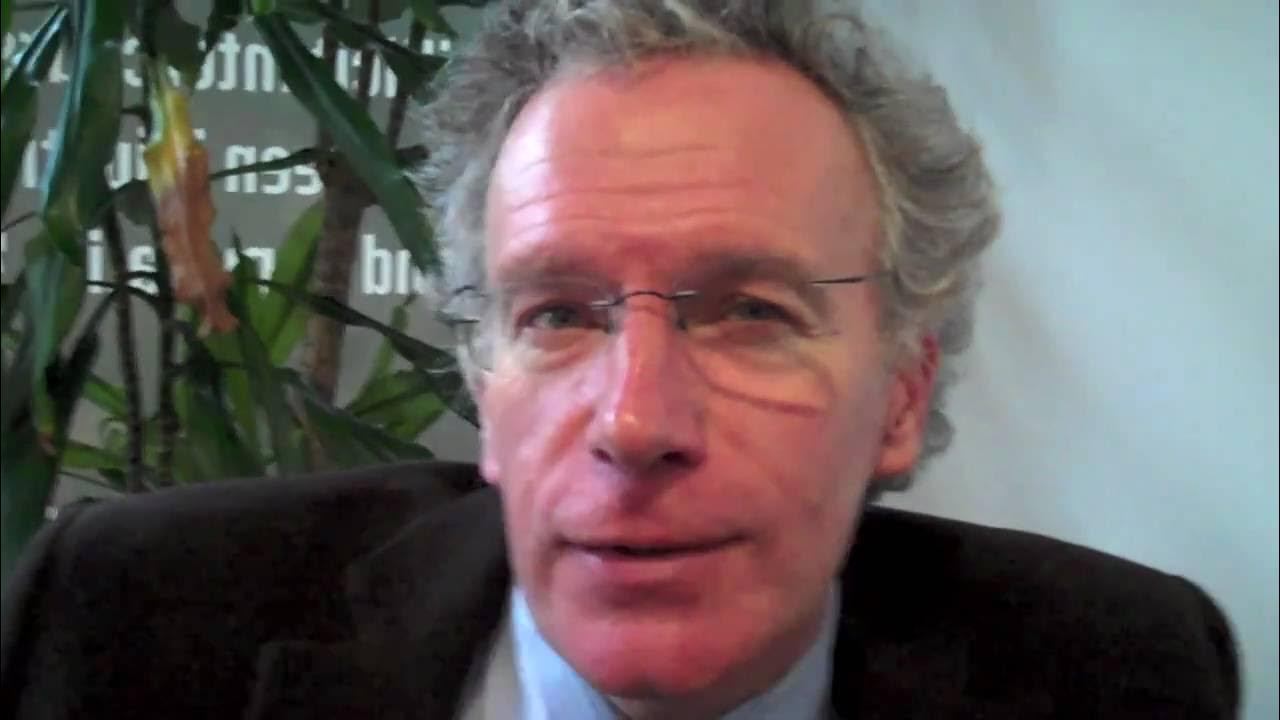Milton Friedman - Your Greed or Their Greed?
Summary
TLDRIn this thought-provoking discussion, the speaker defends capitalism, arguing that the pursuit of self-interest drives innovation and economic progress, citing historical examples such as Einstein and Henry Ford. They challenge the notion that capitalism rewards greed, suggesting that political self-interest is just as prevalent in all systems. The speaker also questions the existence of virtuous leaders capable of organizing society, pointing out the flaws in alternative systems like communism and authoritarian regimes. Ultimately, they contend that free enterprise has consistently improved the lot of ordinary people more than any other system.
Takeaways
- 😀 Capitalism is often criticized for wealth inequality and concentration of power, but the speaker defends it as a system that drives individual achievement.
- 😀 The speaker argues that greed, while often seen as negative, is a natural human drive and has been a catalyst for innovation and progress.
- 😀 Historical evidence suggests that capitalism, particularly free trade, has been the most effective system in improving the living conditions of the masses.
- 😀 The greatest achievements in civilization (like Einstein's theory and Ford's automobile revolution) were not driven by government intervention but by individual self-interest.
- 😀 The speaker dismisses other political and economic systems like communism and dictatorships, pointing out that these systems often result in worse outcomes for ordinary people.
- 😀 The notion that capitalism rewards manipulation of the system is questioned by the speaker, who asks whether other systems reward virtue any better.
- 😀 Political self-interest may not necessarily be nobler than economic self-interest, and the speaker challenges the assumption that political systems are inherently more virtuous.
- 😀 The speaker points out that political leaders often prioritize political connections over virtue when making appointments, indicating that political systems are just as prone to self-interest as capitalism.
- 😀 The speaker dismisses the idea of a utopian system where angels organize society, suggesting that no human or group of humans can perfectly manage such a task.
- 😀 Ultimately, the speaker argues that capitalism is the most proven and successful system for driving progress and improving the lives of ordinary people.
Q & A
What is the speaker's stance on capitalism and greed?
-The speaker defends capitalism, arguing that greed is an inherent part of human nature and that free markets have historically led to improvements in living standards. They suggest that other systems, like communism, have failed to achieve similar success.
How does the speaker respond to concerns about inequality and the concentration of power?
-The speaker acknowledges the concentration of wealth and power but argues that capitalism, despite its flaws, is the best system for improving the living conditions of the masses. They claim that history shows societies with capitalism have fared better.
What is the speaker’s view on human nature and greed?
-The speaker suggests that greed is a natural part of human behavior and that it is not inherently evil. They imply that we are all guilty of some form of greed, and it’s easy to point out the greed in others without recognizing it in ourselves.
Why does the speaker emphasize individual interests in a capitalist system?
-The speaker believes that the pursuit of individual interests is the driving force behind innovation and progress in capitalism. They argue that great achievements in science, business, and technology have often resulted from individuals pursuing personal goals, not government mandates.
What historical evidence does the speaker provide to support their defense of capitalism?
-The speaker points to historical examples, such as Einstein’s work and Henry Ford’s contributions to the automobile industry, to show that major innovations have come from individuals operating within capitalist systems. They also argue that societies that have embraced capitalism have historically seen improvements in living standards.
Does the speaker believe that capitalist systems reward virtue?
-No, the speaker argues that capitalism does not necessarily reward virtue, but instead rewards the ability to manipulate the system. However, they challenge the notion that other political systems, such as communism or dictatorship, are more virtuous.
How does the speaker address the idea of political self-interest?
-The speaker challenges the notion that political self-interest is nobler than economic self-interest. They argue that in both politics and business, decisions are often driven by self-interest, whether it's economic or political power.
What question does the speaker raise about trust in societal leadership?
-The speaker questions where to find the 'angels' who would organize society for the common good, implying that history has shown no such individuals exist. They suggest that trusting any individual to organize society is unrealistic.
What does the speaker think of alternative systems to capitalism?
-The speaker argues that there are no better alternatives to capitalism for improving the lot of ordinary people. They believe that non-capitalist systems, such as communism, have failed to produce similar results in terms of prosperity.
How does the speaker use rhetorical questions in the discussion?
-The speaker uses rhetorical questions to challenge the audience's assumptions about greed, virtue, and alternative systems. These questions are designed to provoke thought and push back against critiques of capitalism.
Outlines

This section is available to paid users only. Please upgrade to access this part.
Upgrade NowMindmap

This section is available to paid users only. Please upgrade to access this part.
Upgrade NowKeywords

This section is available to paid users only. Please upgrade to access this part.
Upgrade NowHighlights

This section is available to paid users only. Please upgrade to access this part.
Upgrade NowTranscripts

This section is available to paid users only. Please upgrade to access this part.
Upgrade NowBrowse More Related Video
5.0 / 5 (0 votes)





